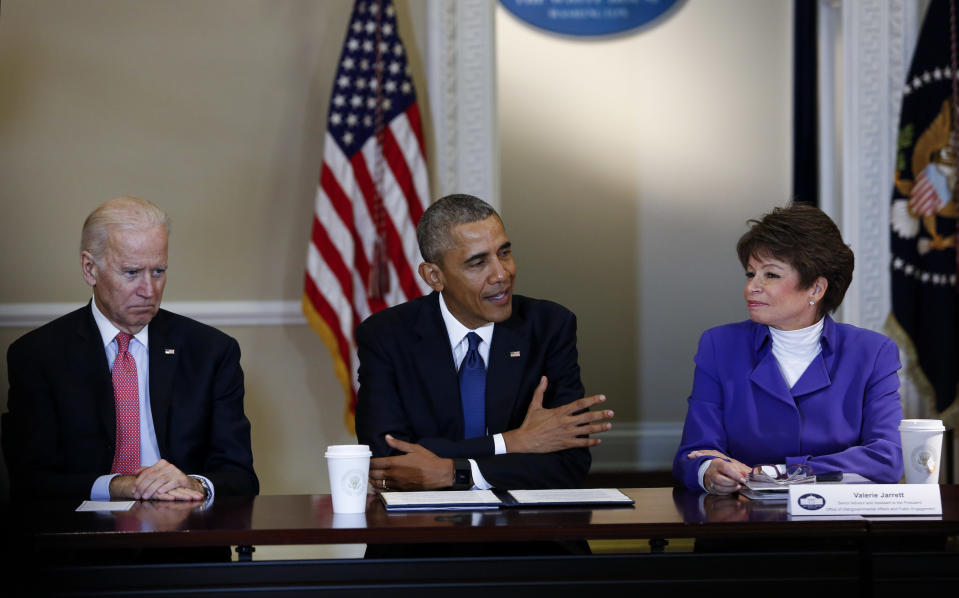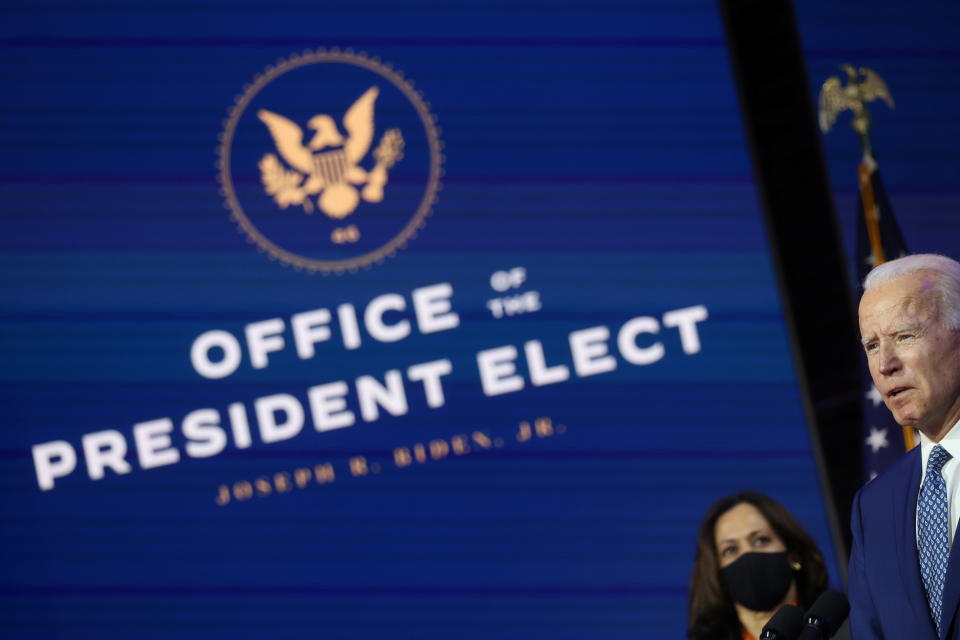How paid-leave provisions could expire ‘in the very dark days of the pandemic’
One of the first moves Congress made in response to the pandemic earlier this year was to beef up paid emergency and medical leave.
The Families First Coronavirus Response Act – signed into law on March 18 – provided an expansion of the Family and Medical Leave Act with new paid options available for many workers. But many employers, notably companies with more than 500 employees, were exempted and the enhanced protections expire at the end of this year.
“These will be expiring when we are expecting, unfortunately, to be in the very dark days of the pandemic,” said Katherine Eyster, a director at the National Partnership for Women & Families. Her group is pushing for more action in the coming weeks and months.
“It’s going to be the middle of the winter, we know that we are expecting cases to continue increasing,” she added. The U.S. is currently in the middle of a surge of cases with now over 130,000 new cases a day being reported.
Advocates want action within a larger stimulus package before the end of the year, and that comes alongside a hope that permanent changes in how paid leave – both for medical issues as well as when caring for a newborn – might work in the United States.
President-elect Joe Biden’s team has signaled it will be a priority when he takes office and Democratic leaders are raising the issue.
“There are a few things that I've been arguing for for a long time that the pandemic has laid bare,” said Valerie Jarrett, former senior advisor to President Barack Obama, in an interview with Yahoo Finance. “We should have a national paid leave policy for every American, not just dependent upon the voluntary decision by individual companies.”

‘New momentum in the fight’
The effort made progress on Election Day when Colorado approved a ballot initiative to create a paid family and medical leave insurance program in the state. The program will create a government-funded program to provide 12 weeks of compensated time off beginning in 2024.
Neera Tanden, president and CEO of the Center for American Progress, celebrated the new Colorado law by saying it “adds new momentum in the fight to win a permanent, national paid family and medical leave policy.” She added that as “the emergency paid leave policies passed in response to the coronavirus are set to expire at the end of 2020, Congress must act to follow public support and guarantee paid leave for all.”
Academic research supports the idea of paid leave too: A recent article from researchers at the Swiss Economic Institute and Cornell University found “statistically significant” fewer coronavirus cases when workers were given the option to take up to two weeks of paid sick leave to either quarantine or recover from the virus.
In Washington, one Democratic plan on Capitol Hill would institute more aggressive measures immediately – for example covering all businesses regardless of size – and also enact permanent paid family and medical leave provisions.
The plan “ensures that every worker in America has full paid sick and family leave, strengthens their financial footing, and paves the way for America’s first universal paid family leave policy,” said Sen. Kirsten Gillibrand (D., N.Y.) in announcing the plan.
Like all efforts for economic stimulus at the moment the plan remains unsettled, with few conversations apparently happening between leadership figures like House Speaker Nancy Pelosi, Treasury Secretary Steven Mnuchin, and Senate Majority Leader Mitch McConnell.
President-Elect Biden’s promise to ‘sign legislation’
Throughout the campaign, Biden has pushed for expanding paid sick and family leave. One of his plans calls for a new law to “provide 12 weeks of paid leave for all workers for their own or a family member’s serious health condition.”

The Biden transition website has doubled down on the promise, saying the president-elect “will sign legislation for universal paid sick days and 12 weeks of paid family and medical leave.”
“This is a really exciting and important commitment from the Biden transition team,” said Eyster, adding action is “certainly critical to addressing the pandemic, but these are policies that we need in good times and bad.”
Still, advocates hope for action before the inauguration to avoid a gap between Jan. 1 – when the current provisions expire – and whenever a Biden administration would be able to enact a stimulus bill.
Giving workers more generous paid leave and making childcare more affordable are changes that can’t come soon enough for Jarrett. “It's wrecking havoc and it has been going on for months and months and months,” she said.
Ben Werschkul is a writer and producer for Yahoo Finance in Washington, DC.
Read more:
Student debt cancellation already in focus amid President-elect Biden transition
Supreme Court signals Obamacare may survive. Here’s how Democrats say they will try to expand it
We need to ‘trim our freedoms’ to keep the economy open: Connecticut governor
Read the latest financial and business news from Yahoo Finance
Follow Yahoo Finance on Twitter, Facebook, Instagram, Flipboard, LinkedIn, YouTube, and reddit.
